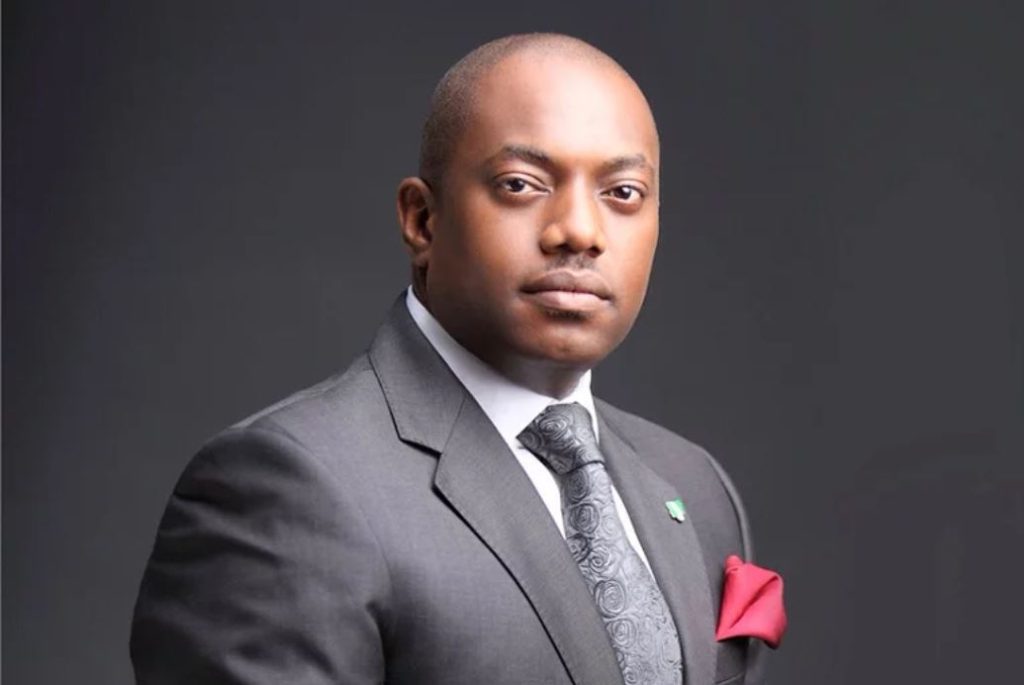Fela Durotoye, a prominent leadership coach and former presidential aspirant, shared a compelling anecdote of moral fortitude at the Pentecostal Fellowship of Nigeria’s biannual conference in Abuja. He recounted a scenario where he was presented with an opportunity to participate in a fraudulent government contract worth N5 billion. This incident, which he described as a profound ethical test, involved a training program purportedly designed to educate individuals across all 774 local government areas of Nigeria on the principles of ethical leadership. Initially, Durotoye, approached due to his expertise in the field, meticulously calculated the actual cost of executing the project and submitted an invoice for N1.3 billion. This figure reflected a precise assessment of the necessary resources and personnel required for the nationwide training endeavor.
However, a subsequent communication from the presidency drastically altered the situation. Durotoye received a congratulatory call informing him that he had been awarded the contract. Yet, instead of proceeding based on his submitted invoice, he was instructed to inflate the amount significantly. First, an additional N700 million was arbitrarily added, bringing the total to N2 billion. Then, escalating the impropriety further, he was directed to submit a revised invoice for a staggering N5 billion. This sudden and substantial increase immediately raised red flags for Durotoye, who questioned the ethical implications of such blatant overcharging, particularly given the program’s focus on fostering ethical leadership.
The government official involved in the scheme attempted to assuage Durotoye’s concerns, justifying the inflated amount as compensation for his past service to the nation. The official, who interestingly identified as a pastor, argued that he deserved to benefit from the inflated contract. Durotoye, however, stood firm, reminding the official of the biblical principle that true blessings come from God and are not accompanied by sorrow. The official’s response was dismissive, asserting that there was “no sorrow” in this particular arrangement and that it was merely Nigeria’s turn to reciprocate Durotoye’s contributions. The pressure to comply was immense, creating a moral dilemma of significant proportions. Durotoye’s integrity, however, remained resolute.
Faced with this escalating pressure and the unsettling moral implications of the situation, Durotoye made a decisive move – he switched off his phone, effectively cutting off communication with the official pushing for the fraudulent deal. This bold act demonstrated his unwavering commitment to ethical conduct, even in the face of potential financial gain. He chose to prioritize his principles over personal profit, setting a powerful example of moral leadership. The consequence of his actions further validated his decision. Three months later, news broke that the Economic and Financial Crimes Commission (EFCC) had apprehended officials from the presidency for embezzling N426 million from a fund designated for ethical leadership training. This revelation not only vindicated Durotoye’s choice but also exposed the deeply rooted corruption within the system he had resisted.
Durotoye further elaborated on his unwavering commitment to integrity by sharing details of his tenure as Special Assistant to the President under the Tinubu administration. He highlighted his refusal to accept the typical perks associated with the position, including an official car, housing, and salary. This decision, he explained, was rooted in his desire to remain free from any potential entanglement with corruption. He even encountered resistance when attempting to formalize his resignation, as some government officials expressed concern that his refusal of these benefits would make it difficult to implicate him in corrupt practices should the need arise. This account further underscores the pervasive nature of corruption within the system and the challenges faced by those who strive to maintain ethical conduct.
Despite the obstacles he faced, Durotoye’s experience also illuminated the presence of like-minded individuals within the government who shared his dedication to integrity. This suggests that while corruption may be widespread, there remain pockets of resistance – individuals who prioritize ethical conduct and strive to operate with transparency and accountability. Durotoye’s narrative serves as a testament to the power of individual integrity in the face of systemic corruption. His actions offer a beacon of hope, demonstrating that principled leadership is possible even within compromised environments. His concluding remarks emphasized the critical role of strong moral values in combating corruption, arguing that a widespread embrace of such values is essential for creating a society free from the corrosive effects of unethical practices.
In essence, Fela Durotoye’s account serves as a powerful allegory for the ongoing struggle against corruption in Nigeria. His experience underscores the importance of individual integrity and the need for a collective shift towards ethical conduct. His story is not just a personal anecdote but a call to action for others to embrace similar values and work towards a future where integrity is the norm rather than the exception. It emphasizes that fighting corruption requires not just institutional reforms but also a fundamental change in individual attitudes and a commitment to upholding ethical principles, even when faced with significant pressure to compromise.














